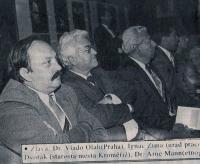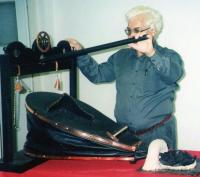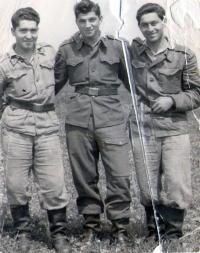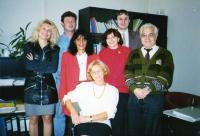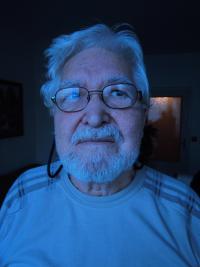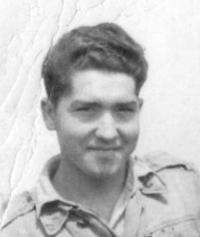If they’d have let us keep on with it, we could’ve been somewhere else than we are today
Ignác Zima was born on 23 February 1938 in a Roma settlement in Kopčany, western Slovakia. His father earned a living in typical Romani fashion as a blacksmith doing occasional farm labour. During the war the local Romanis suffered from bullying at the hands of the Hlinka Guard, although they fared better than their relatives in Moravia, who were deported to concentration camps. After the war Ignác and his family moved to Svitavsko, where his father and older brother worked at a farm. However, they soon returned to Kopčany. At the age of eighteen, Ignác left to find work in Hodonín. He worked as a railroad switch operator from 1956. In 1969 he became chairman of the District Committee of the Union of Gipsies-Romanis, an organisation representing the Romani minority in Czechoslovakia at the time. He was employed at the union‘s head office in Brno shortly before it was forcibly dissolved in 1973. He then worked at Czechoslovak Railways in Brno. In the 1990s he renewed his active interest in Romani matters as an intermediary at the Brno employment office. Even after retiring in 1998 he remained publicly active, offering training courses to policemen and teaching Romani at Masaryk University.

